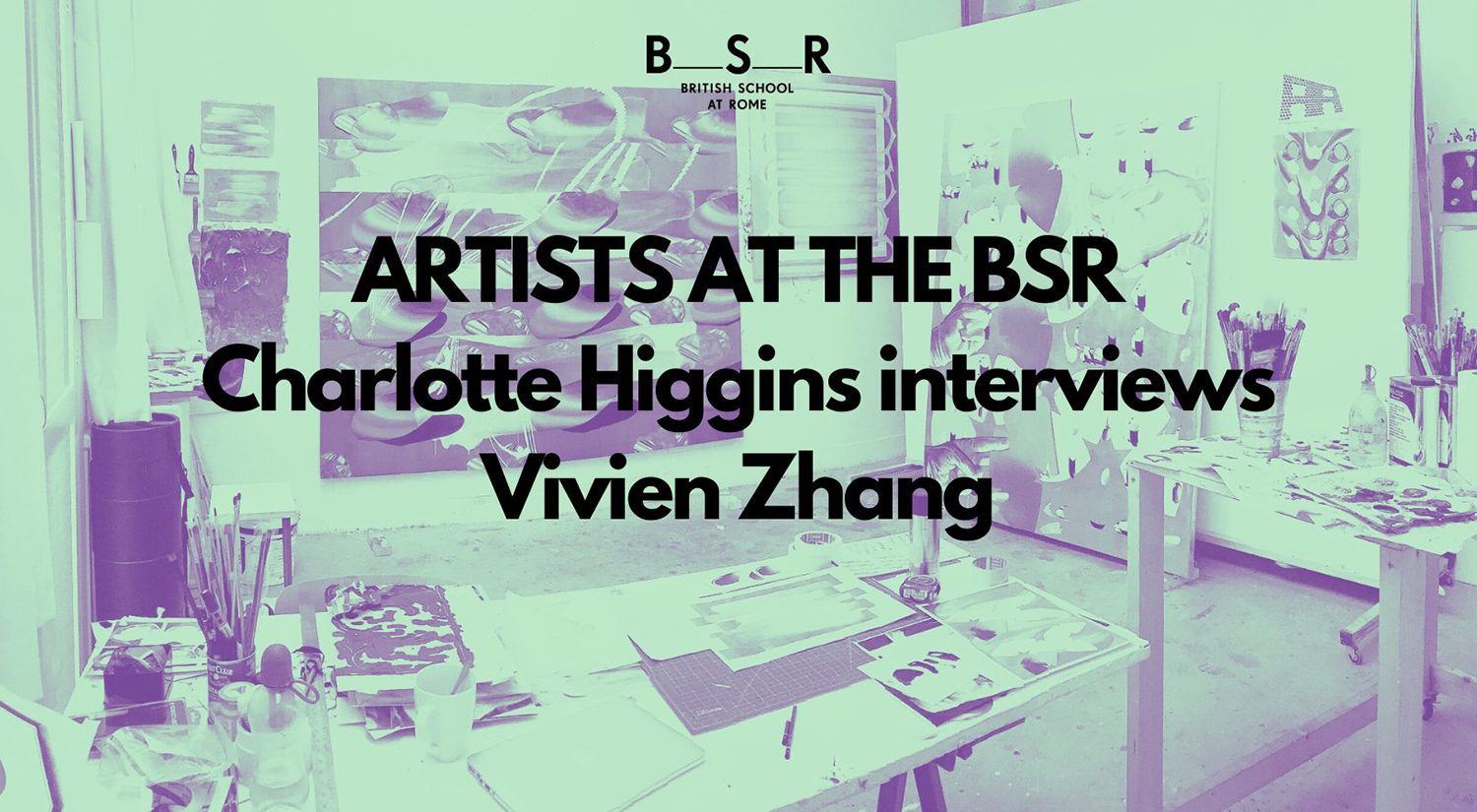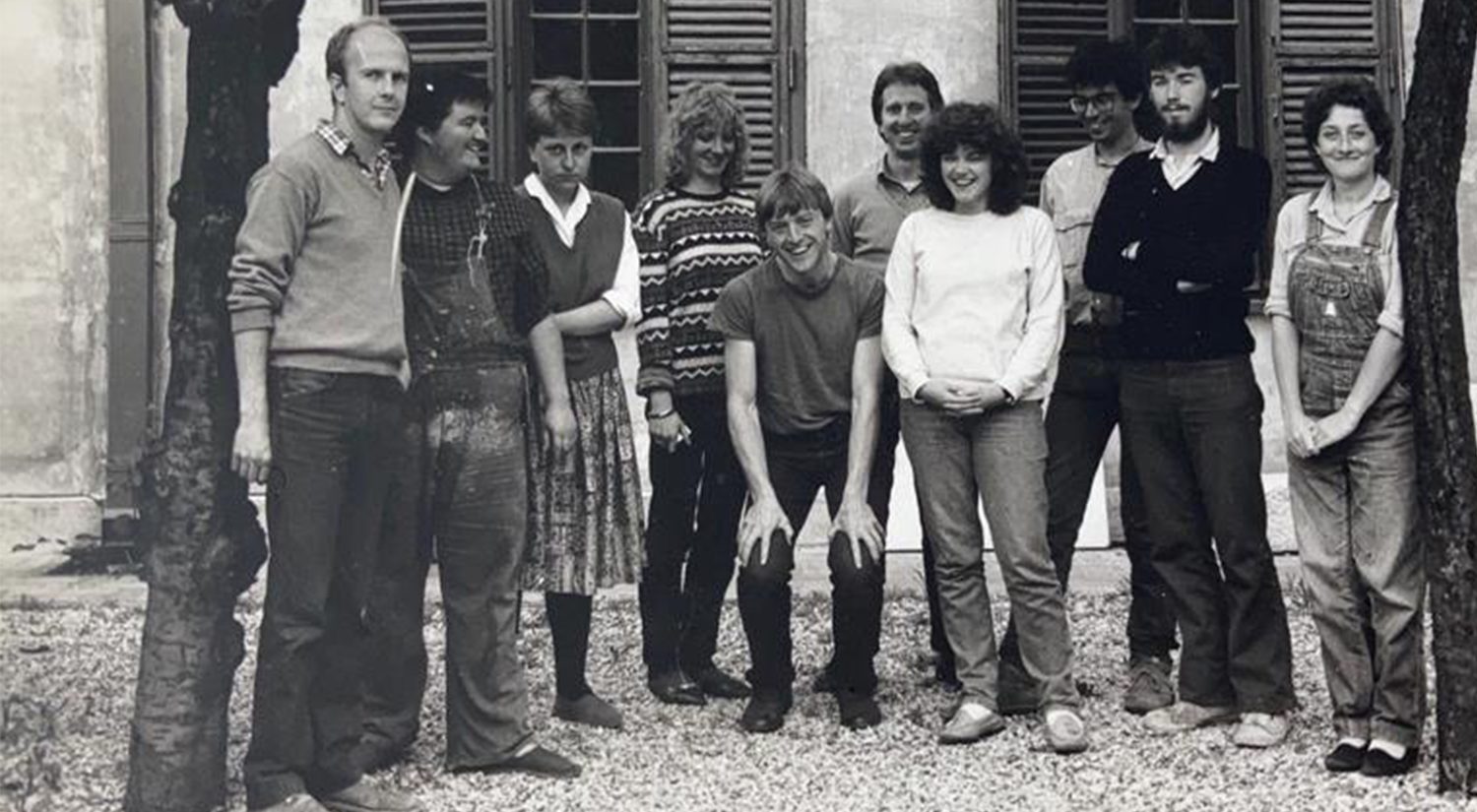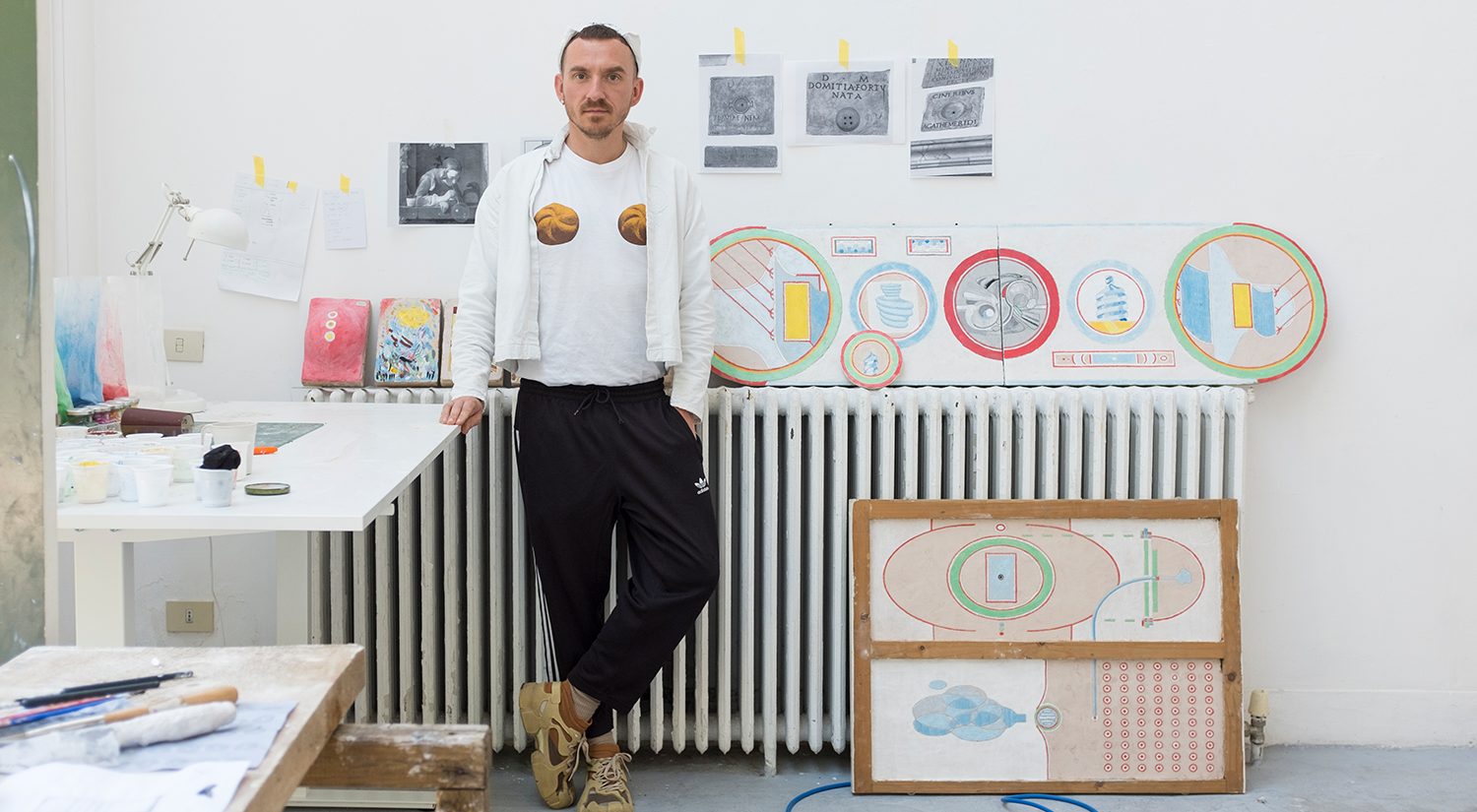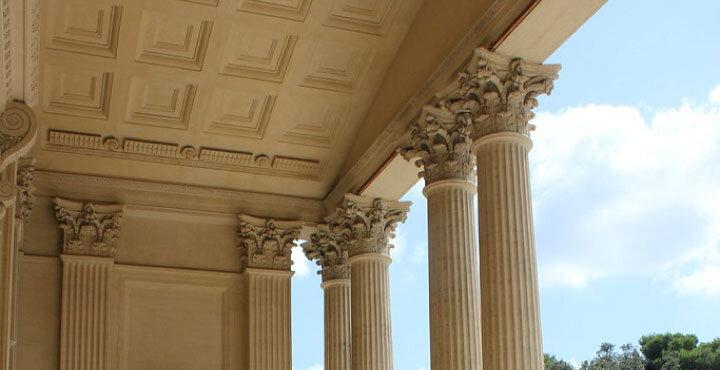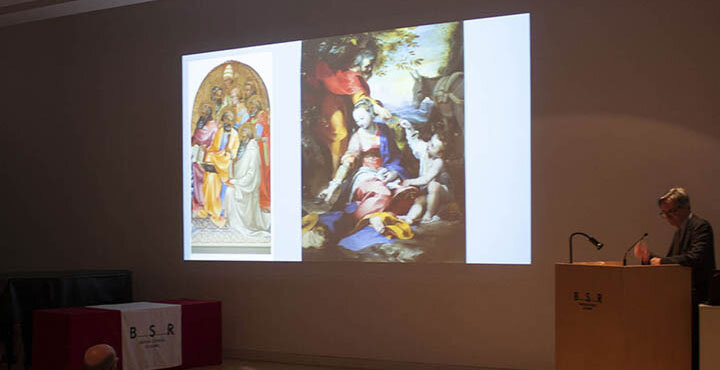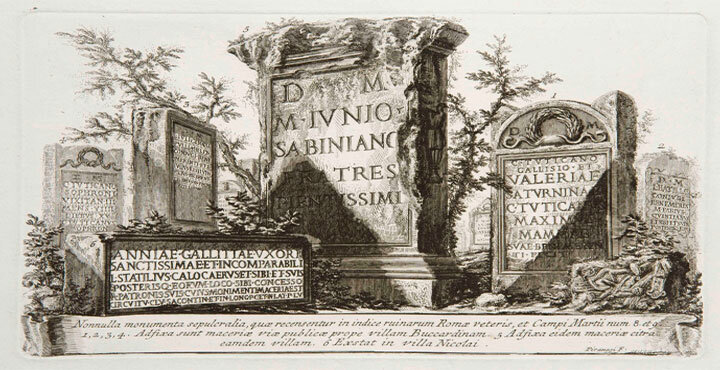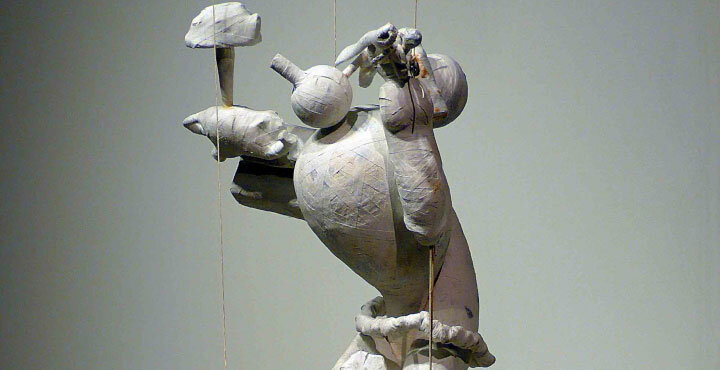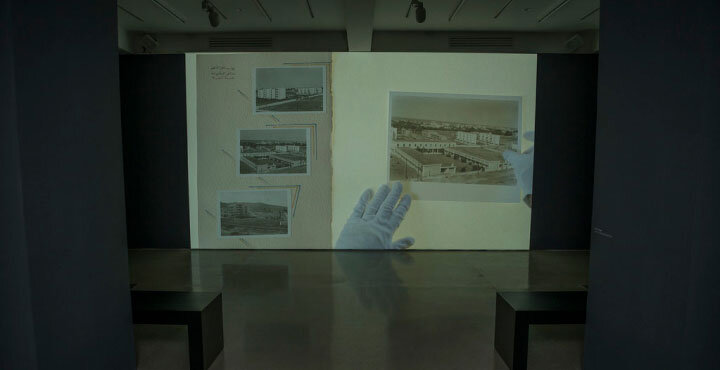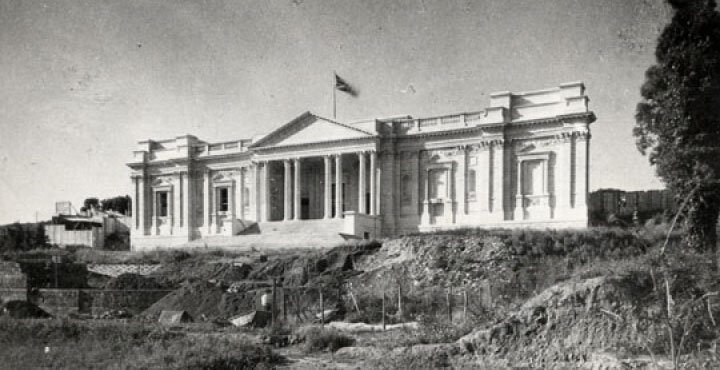Our second interview features artist Vivien Zhang, Abbey Scholar in Painting at the BSR between 2016 and 2017. In 2017 Zhang was named in Forbes’ 30 under 30 Asia list. Zhang’s works features in collections worldwide, from the Arts Council Collection (UK) to ICA Miami (US) and the K11 Foundation (Hong Kong). *This interview was conducted in the summer of 2023.

Painter Vivien Zhang was sceptical when two of her old professors – Andrew Stahl at the Slade, and Phillip Allen at the Royal College of Art, both BSR alumni – told her to apply for the Abbey Scholarship, “because it will change your life”.
“I thought, ‘OK, I’m sure it’s fantastic. But life-changing? Really?”
In fact, she says, her nine-month residency in 2016-17 “really did change my life and all of our lives in one way or another. I am still friends with almost everyone I met there and there is a handful of people I think will be lifelong friends. Not just artists, but also historians, architects – and that’s quite valuable. In everyday life there isn’t a natural discussion and conversation between us all, but at the BSR you are kind of forced to do that – it gave me the confidence to have conversations with people in other fields.”

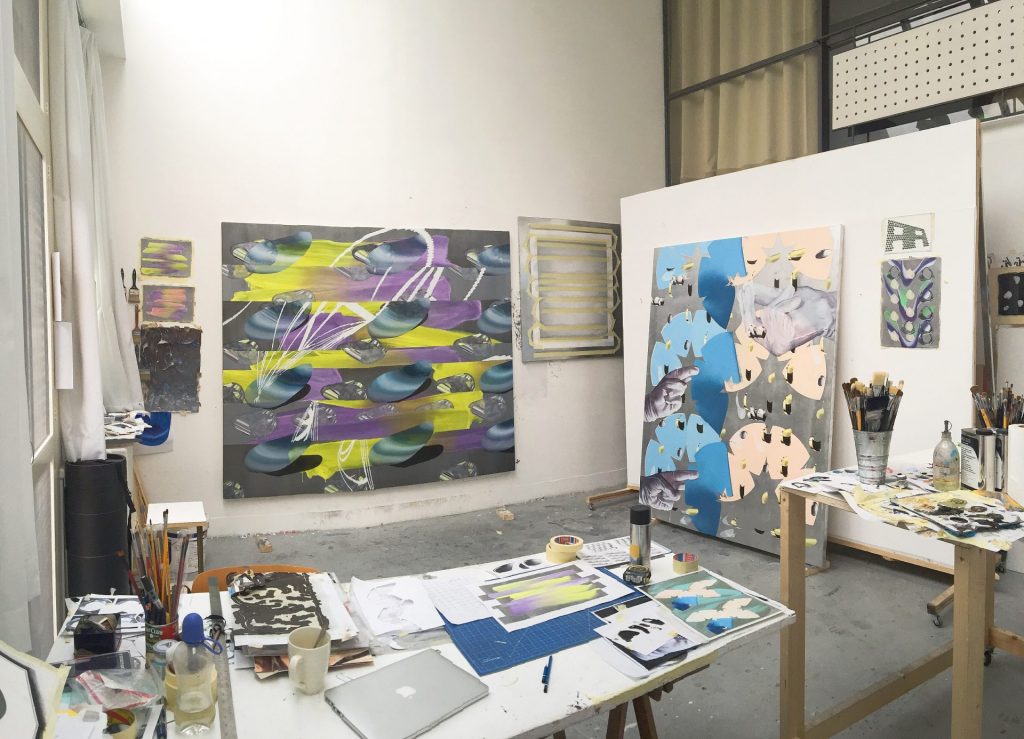
Part of her plan at the BSR was to “see to see how one can make contemporary art in a place that’s so filled with ancient artefacts – how the contemporary survives with this history. And having spent nine months in a place loaded with so much history and beauty that has survived through the centuries, one of the immediate things I got out of being in Rome was that my critical senses became sharper. I found that when I was looking at contemporary art I became so much quicker at making critical judgements because I’d seen so much art that had stood the test of time. Having that time in Rome was like a training period. That was unexpected.”
Spending nine months in Italy meant there was plenty of time to work intensely in the studio – and of course to explore Rome. “The most special times were for me were the trips that award holders could go on with visiting historians,” she says. Zhang recalls a visit to the Church of Santi Nereo e Achilleo, with Professor Carol Richardson from Edinburgh College of Art. “The church was usually closed, but because she was a specialist researcher they opened it up for her. She told us the history of the church through the artefacts there – she was unveiling her research right there in front of us.”
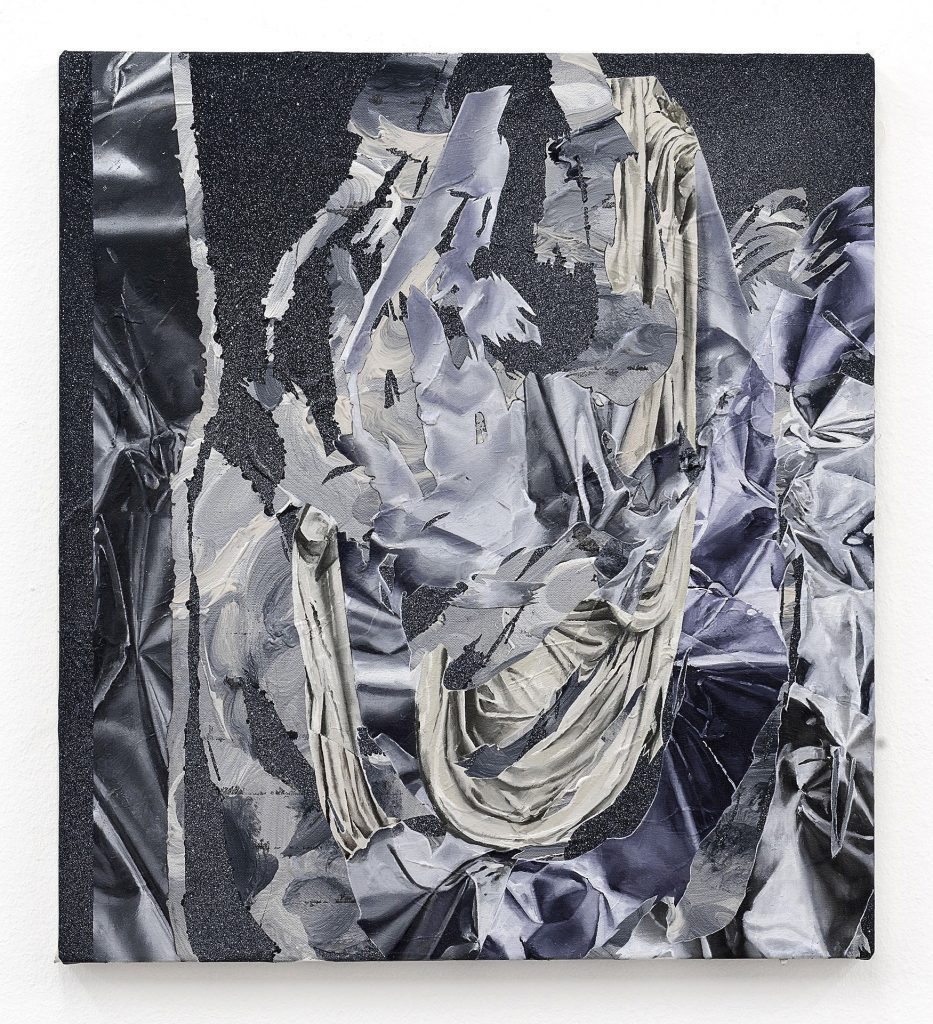
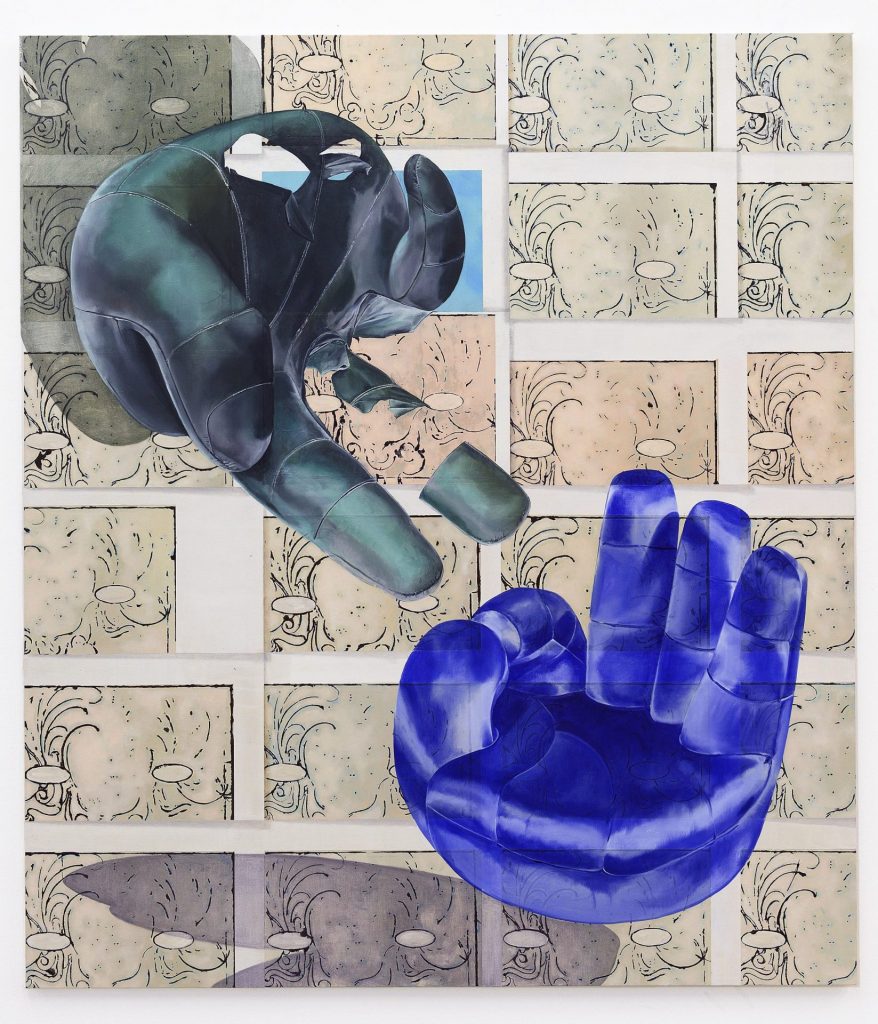
Zhang was a young painter, a couple of years out of her master’s degree when she got to the BSR. The scholarship had appealed to her not least because its criteria allowed for her, as a Beijing-born artist resident in the UK, to apply. “The BSR welcomes people of all nationalities as long as they have an affiliation with the UK,” she says. Her time in Rome was an important staging post on what has become a flourishing career. “I think working as an artist – especially as a painter – your everyday activity is often very solitary. Then, two years after graduating I was thrown into a community again. It was very nourishing, to be among people who were at similar stages in their career and also very curious about everything around them. It was a reinjection of energy, a rejuvenation of conversation.”
It also, she confesses, operated as an anthropological exercise of observing the British at close quarters in the BSR community setting. “I was fascinated by how scholars would not bite their apples and pears at table, they would cut up their fruit. It was a whole other layer of etiquette!”


